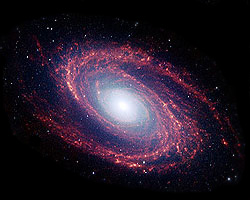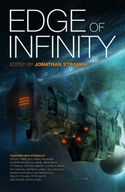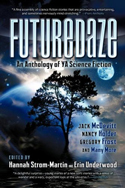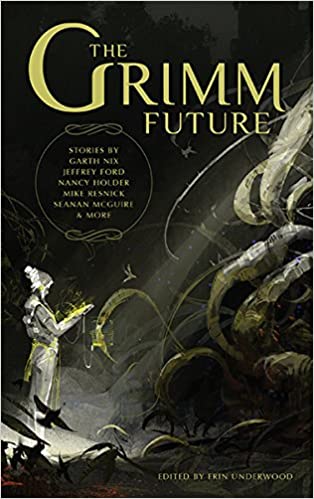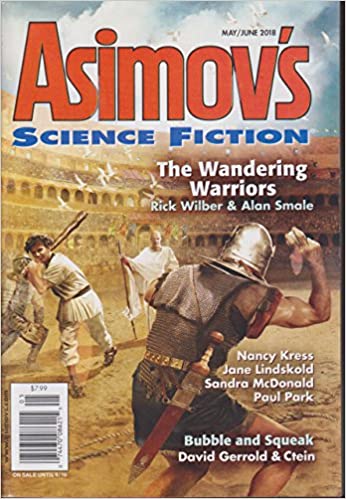|
Isaac Asimov was undoubtedly one of the
most prolific writers of all time. He wrote
over 200 books covering many fields including
science fiction, popular science, and religion. He
wrote "I, Robot", a collection of short stories
based upon his Three Laws of Robotics and the basis
for the movie of the same name. His
Foundation trilogy was perhaps his most ambitious
project. Many people know of Isaac Asimov not for
his science fiction, but rather for his
scores of books popularizing science.
|




|
|




|
Arthur C Clarke may be best known for
"2001 A Space Odyssey", yet he is a very
prolific writer whose themes range widely.
Many of his books deal with human contact
with highly advanced intelligences. Many of the ideas behind
his stories have since become reality or are
seriously considered as future technologies. One of
"Clarke's Laws" is quite famous:
Any sufficiently
advanced technology is indistinguishable from magic.
|
|
Larry Niven is possibly the writer I most
admire: his visions are many and varied, his stories
engaging and interesting, his characters full and
believable, and perhaps his most unique skill is
that his aliens are alien. Most SF writers
have aliens that act like people in funny costumes,
but not Niven, who often bases a story on the
fundamental differences between us and them.
He is famous for his Known Space universe
which apparently concludes with the Ringworld
series. Another of his novels, Lucifer's Hammer, has
been praised as the ultimate story about the end of
the world from a meteor strike.
|




|
|
Across Realtime by Vernor Vinge
introduced the concept of the technological
singularity - a point in the near future
where the pace of
innovation/computing/technology goes
exponential resulting in an unknowable
future. Dozens of web sites,
scientific papers, even conferences have
resulted.
|
|
A Fire Upon The Deep by Vernor Vinge
explores the implications of a universe
where intelligence, computing and faster
than light travel are all limited by the
proximity to the galactic core.
|
|
Neutron Star by Larry Niven
is a collection of short stories set in the
Known Space series, and explores a number of
hard SF concepts ranging from neutron star
tides to an exploding Milky Way Galaxy to a
planet made entirely of antimatter.
|
|
Ringworld / Ringworld Engineers /
Ringworld Throne / Ringworld's Children by
Larry Niven are novels about an
incredible artifact - a ring around a sun a
million miles wide and 200 million in
diameter.
|
|
Rendezvous With Rama by
Arthur C. Clarke is about a group of
people that investigate an apparently dead
miles-long spaceship hurtling through the solar
system. The imagery is vivid and immense.
There are a number of sequels to answer old
questions and ask new ones.
|
|
Gateway by Frederick Pohl is
the first of the Heechee series, in which
humanity explores the galaxy using found
technology from an advanced yet extinct alien
intelligence.
|
|
Lucifer's Hammer by
Larry Niven and Jerry Pournnelle is a
detailed, multi-viewpoint story about a 4
mile wide comet that strikes the earth. It
goes beyond "setting the standard" as it
sets the bar so high that it will be a long
time before another author tackles this
topic convincingly.
|
|
The Mote In God's Eye / The Gripping Hand by
Larry Niven and Jerry Pournelle
explores first contact with a superior and
aggressive alien intelligence (where even
the pets are tool makers), and how we can
survive the encounter.
|
|
I, Robot by Isaac Asimov
is a series of short stories that each
explore the implications of Asimov's "Three
Laws of Robotics" (introduced here). There
are several other collections and novels
based upon the "I, Robot" universe, all of
which paint robots in a positive light.
|
|
Berserkers by Fred Saberhagan
takes a darker view of robots, presenting a
universe where a doomsday device of self
replicating machines endeavors to destroy
all life. This collection of short stories
spawned a dozen more, often by other
authors.
|
